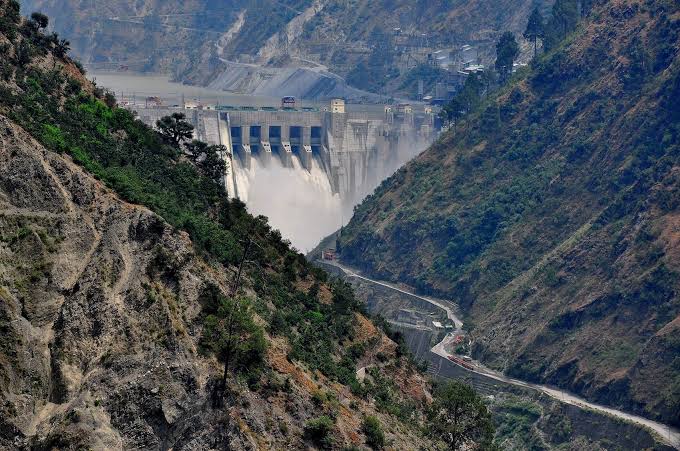Srinagar, Jul 23: The power generation has been reduced by over 15 percent in Jammu and Kashmir following depleting reservoirs caused by the heatwave and deficit rainfall, sources told news agency—Kashmir News Observer (KNO).
The overall power generation in J&K, which majorly comes from hydroelectricity power projects, is currently less than 1000 megawatts, whereas the peak summer season output in the region is 1200 megawatts.
Experts said the rain deficiency was drying up rivers and water supplies needed to produce hydropower projects in J&K. These problems will likely aggregate if the heatwave and dry spell continue, they claimed.
“Kashmir experienced nearly 70% rain deficiency in July month so far. The valley received less than 10 millimeters of rain, compared to a normal 64 millimeters. This has resulted in a water crisis and severely impacted domestic supply,” said Mukhtar Ahmad, Senior Scientist at the Meteorological Department.
“If the dry spell continues, it will affect the agriculture and horticulture sectors as well,” he said.
This year, Ahmad said, a drought-like situation would cause problems for hydropower generators in Kashmir as well because glaciers are fast depleting.
Principal Secretary of the Power Development Department (PDD) H Rajesh Prasad admitted that there was a shortfall in power generation, but he said the department was managing as there was only a minor change in power distribution.
“Power plants on the Jhelum and Sindh rivers are experiencing some shortfalls since we have to divert some water for household and agricultural needs,” Prasad said.
However, he said the Baglihar Power Project on the Chenab River is now operating at full capacity and fulfilling the major need.
Notably, the weatherman on Monday claimed that rainfall deficiency declined the water level in river Jhelum by 30 percent.
The Principal Secretary further said that the power generation in J&K was glacier-fed rather than rain-fed, so we might feel the heat once glaciers are impacted.
“For now, we are in a comfortable position, but if the heatwave continues, we have tough times ahead,” he said—(KNO)




